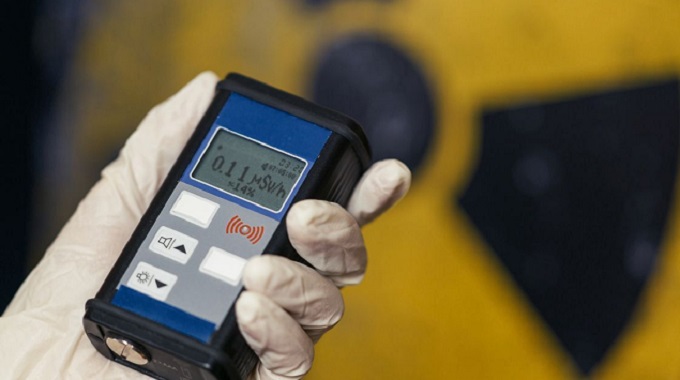RPAZ investigates local authorities for radiation

Nqobile Tshili, Chronicle Reporter
THE Radiation Protection Authority of Zimbabwe (RPAZ) is investigating Bulawayo City Council (BCC) among other local authorities’ water and wastewater treatment plants to establish whether they are not discharging dangerous radiation particles which are detrimental to people’s health.
RPAZ is a constitutional body whose mandate is to protect citizens against being exposed to radioactivity.
Exposure to high levels of radionuclides (radioactivity) in drinking water for long periods may result in people developing serious health problems such as cancer, anaemia, osteoporosis, eye problems, bone growths, kidney and liver diseases.
Local authorities will pay for the tests that would be conducted by the radiation protection authority.
The parastatal recently wrote to BCC informing the local authority that Government had promulgated a law compelling RPAZ to assess radiation levels in the city’s water and wastewater sources.
BCC has two water plants, Criterion and Ncema Water Treatment Plants and eight sewage treatment plants.
“Council recently received a letter from the RPAZ saying they were mandated under Statutory Instrument 190 of 2020 to assess all water and wastewater purification plants as there was a high chance of radioactive material being generated from these facilities and subsequently having a negative health impact on those exposed to water and wastewater coming from the same. In that regard, they said it was mandatory for assessments to be carried out by RPAZ at water and wastewater purification facilities under City of Bulawayo’s jurisdiction in order to assess the level of radioactivity generated from the same,” reads the council report.
The council said assessment process had started meant to identify the level of radioactivity within the water and wastewater management plants.
“This involves on-site screening, assessment and sampling throughout the treatment and purification processes. The samples would then be analysed by RPAZ for radioactivity concentration using gamma spectrometry at the radiochemistry laboratory,” said BCC.
In compliance with RPAZ, BCC provided an inventory of the water and wastewater sites and the proposed monitoring plan so that the radiological monitoring plan builds on the one available.
BCC will pay for the costs related to the exercise while it will be involved in the collection of samples. — @nqotshili








Comments